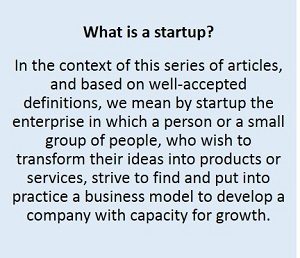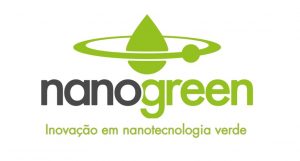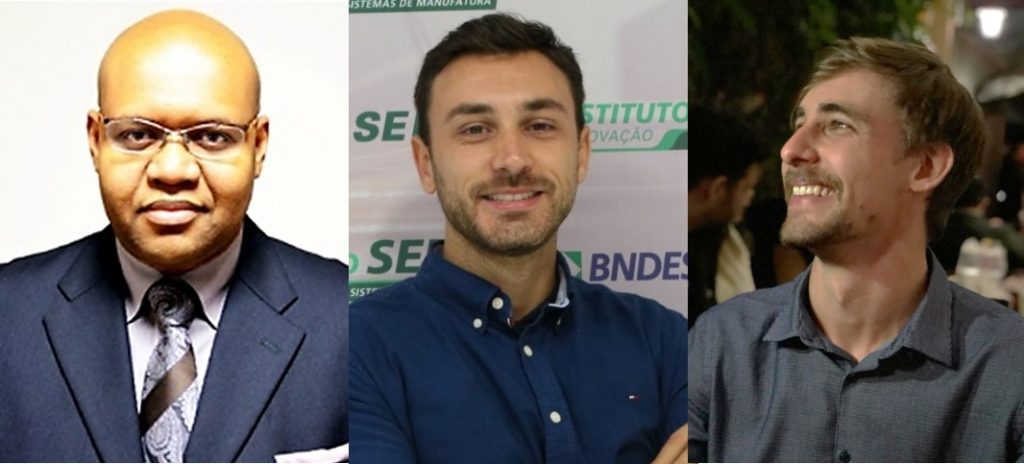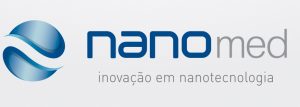 A mix of entrepreneurial spirit, born in childhood, and scientific training, developed in the university stage, led Brazilian Amanda Luizetto dos Santos to create Nanomed two years after completing her doctorate. “The foundation of Nanomed was a natural thing, I always wanted to undertake it, I just needed some time to mature the concept as I imagined,” Amanda states.
A mix of entrepreneurial spirit, born in childhood, and scientific training, developed in the university stage, led Brazilian Amanda Luizetto dos Santos to create Nanomed two years after completing her doctorate. “The foundation of Nanomed was a natural thing, I always wanted to undertake it, I just needed some time to mature the concept as I imagined,” Amanda states.
Early on in her childhood, Amanda used to set up a street stall to sell her drawings. “From an early age entrepreneurship aroused my heart,” she says. Time passed and pastimes became a life goal. At the end of her undergraduate years in Pharmacy, she participated in an initiative to train young entrepreneurs, in which she opened, maintained and closed (with a positive balance, she explains) a decorative candles company. “This experience was very enriching and, in fact, revived my interest in the world of entrepreneurship,” she recalls.
From her undergraduate degree, Amanda went straight to a doctorate in Analytical Chemistry, at the São Carlos Institute of Chemistry (USP), where she dealt with research in essential oils. The doctorate program included a scientific internship in the United States at Cleveland State University. Then, working closely with the cosmetics industry, Amanda noted this market’s demand for innovation and managed to design a first version of the company. “I found what I had been looking for since I was a young girl,” she says.
Located in São Carlos, in the state of São Paulo (Brazil), Nanomed is dedicated to developing and marketing innovative nanosystems, designed to solve specific challenges of the industry segments such as cosmetics, health and wellness. An example of Nanomed’s technology is nanocapsules that protect substances of interest (skin moisturizing molecules, medicine flavorings, insect repellents), transport them in minimal doses and deliver them to the desired location. Nanomed’s nanocapsules and other nanoparticles, Amanda emphasizes, undergo scientific evaluations to check for toxicity to living tissues and the environment.
In addition to developing nanosystems for other companies, the startup is building its product portfolio. The first products, two nanotechnology-based cosmetic lines, will enter the market (via e-commerce) soon. And between the end of this year and the beginning of next, new products of the food and sanitizing segments will be launched.
Nanomed was formally created in 2012 following the approval of a project in the PIPE program of the São Paulo Research Foundation (Fapesp). PIPE supports scientific and technological research in small companies in the state of São Paulo. Shortly after its creation, Nanomed was incubated in the São Carlos Technology Park (ParqTec), where it remained until 2017.
Since its inception, the startup has been dedicated to R&D of its technologies and products and, at the same time, has taken advantage of its ability to perform analysis and testing to provide services, especially to companies in the cosmetics and pharmaceutical segment. Thanks to the provision of services, Nanomed today is self-sustaining, states Amanda, who is the company’s CEO. “However, profit is still being reinvested,” she says.
For its R&D and service activities, Nanomed has equipment at the company’s headquarters, some of them acquired in projects supported by Fapesp and the Brazilian federal agencies Finep and CNPq. In addition, the startup hires specific assays at university labs and other partners.
Fifteen people currently work at Nanomed – partners, employees, fellows and consultants. Most of the team consists of masters and doctors with degrees in Pharmacy, Chemistry, Engineering and Physics, who work in product development and service provision. The startup also has professionals working in the legal and administrative areas.
Below is our interview with Amanda Luizetto dos Santos, founding partner and CEO of Nanomed.
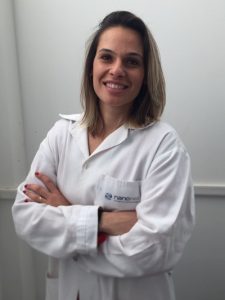
B-MRS Newsletter: What were the most important factors that enabled the creation and development of the startup?
Amanda Luizetto dos Santos: The key factors that enabled Nanomed include the support of Fapesp and ParqTec. Since the beginning of Nanomed, Fapesp has been a fundamental pillar in technology and product developments by financing innovative and high risk projects. ParqTec, which is the oldest incubator in Latin America and is located in São Carlos, was very important because it allowed immersing in the environment of innovative entrepreneurship, as well as supporting the business construction.
B-MRS Newsletter: What were the most important moments for you in the history of the startup?
Amanda Luizetto dos Santos: The most important moment was participating in a meeting at Anvisa’s parliamentary meeting to defend a grade 2 cosmetic product developed by Nanomed and which will be launched and marketed later this year.
[Editor´s Note: Grade 2 products are toiletries or cosmetics whose characteristics require proof of safety and/or efficacy, as well as information on use mode and restrictions].
B-MRS Newsletter: What were the main difficulties the startup has faced thus far?
Amanda Luizetto dos Santos: The main difficulty, still encountered, is the slowness and regulatory bureaucracy that is related to the fact we work in the health area.
B-MRS Newsletter: What do you think is the main contribution of the startup to society?
Amanda Luizetto dos Santos: The main contribution is to offer safe and innovative products to society and contribute to the population’s quality of life.
B-MRS Newsletter: What is your goal/dream for the startup?
Amanda Luizetto dos Santos: Nanomed’s goal is to make people happy and satisfied by offering a line of innovative and high performance products in the domestic and international market.
B-MRS Newsletter: Leave a message to our newsletter readers and social media followers who are considering starting a startup.
Amanda Luizetto dos Santos: I believe we need to be realistic when we think about the future, especially when it comes to opening a business of our own. The idea that to undertake is to have no boss does not exist, in fact, you have thousands of bosses, such as client, employee, government, and many others. So, entrepreneurship means working hard and in all sectors of the business (all of them!). Creating a startup and keeping it alive requires a great deal of work (quite a lot), dedication, resilience and a cool head.
The universe of entrepreneurship is a constant adrenaline rush, particularly addictive, while it brings immense satisfaction to see things come to fruition, that cold feeling in the belly is inevitable. I can’t live without it (I still don’t know if fortunately or unfortunately!).

